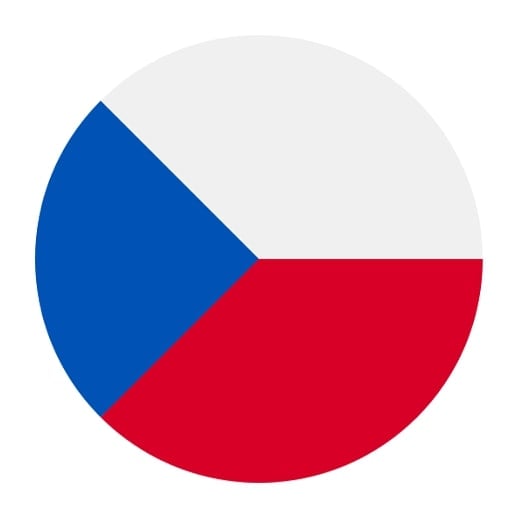Czech Grammar
Explore the intricacies of Czech grammar and open the door to understanding this Central European language. By mastering the essential rules and patterns, you'll communicate more effectively and gain deeper insight into Czech culture. Start learning Czech grammar today and take your first step toward fluency!
Get started
The most efficient way to learn a language
Try Talkpal for freeCzech Grammar: Making Sense of the Czech Language’s Unique Structure
If you’ve ever tried to learn Czech – or even just perused a Czech article or book – you’ve likely noticed that its grammar can be quite challenging. Widely regarded as one of the most complex language systems, Czech grammar has perplexed many foreign students. But don’t let that intimidate you! The peculiarities of Czech grammar are what make it fascinating and unique. In this article, we’ll demystify a few key elements of Czech grammar in a conversational way, helping you understand this beautiful language more deeply.
1. Nouns – Declensions and Cases Galore!
One of the first things you’ll notice about Czech grammar is its noun declensions. A declension is a group of nouns with similar grammatical features, and Czech has up to 14 distinct declensions. How’s that for variety? Each declension has a specific pattern for representing singular and plural noun forms.
Czech nouns also have seven different cases: nominative, genitive, dative, accusative, vocative, locative, and instrumental. While such a number might seem daunting, it’s essential to learn about these cases because they’re pivotal in conveying meaning. For example, in Czech, the word order isn’t as critical as it is in English – it’s the cases that indicate relationships between words.
2. Adjectives – Agreeing with Nouns
Czech adjectives have a special duty: they must agree with the nouns they modify in gender, number, and case. Think of it as a dynamic duo, the grammar tango, where one half gracefully adjusts to complement the other. This agreement helps to create harmony in sentences and increases clarity.
For example, the word for “beautiful” in Czech is “krásný.” If you’re describing a beautiful house (dům), which is masculine, you’ll use “krásný dům.” For a beautiful girl (dívka), which is feminine, it becomes “krásná dívka.” And for a beautiful day (den), which is neuter, you’ll say “krásný den.” See how the adjective dances along with the noun?
3. Verbs – The Art of Conjugation
In Czech, the art of conjugation – that is, changing verb forms based on tense, mood, and person – takes on a life of its own. Czech verbs fall into two categories: perfective and imperfective. Perfective verbs indicate that an action has been completed, while imperfective verbs suggest ongoing or habitual actions.
Czech grammar has some exciting quirks when it comes to verbs. For instance, the future tense is only formed regularly for imperfective verbs. For perfective verbs, it merges with the present tense! Also, rather than having a specific passive voice, Czech incorporates passive constructions using auxiliary verbs. Let’s not forget about Czech’s reflexive verbs, where actions rebound back to the subject, adding another layer of nuance to this intriguing language.
4. Pronouns: The Mirror of Linguistic Diversity
Pronouns in Czech grammar – we’re talking personal, possessive, demonstrative, interrogative, and relative pronouns – all display the same diversity as other parts of speech. They, too, must agree in gender, number, and case with the nouns they replace or refer to.
For example, if you’re talking about a book you like, you’d say “Mám rád tu knihu” (I like that book). Here, “tu” is the feminine form of the demonstrative pronoun “that,” agreeing with “kniha” (book), which is also feminine.
5. Embracing the Challenge
Czech grammar may be perplexing and intimidating, but it’s also what makes this fascinating language stand out. Don’t shy away from the challenge! Remember, it’s not about mastering everything at once but making progress step by step. Take the time to understand Czech grammar’s unique system, and you’ll be well on your way to mastering this beautiful, complex language. And, as you embrace the delightful nuance that Czech grammar has to offer, you’ll undoubtedly discover a newfound appreciation for its intricacies. Happy learning!








